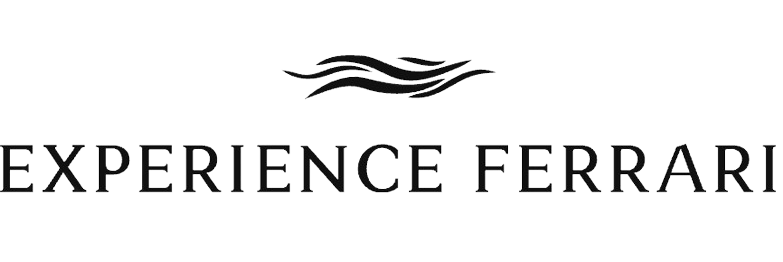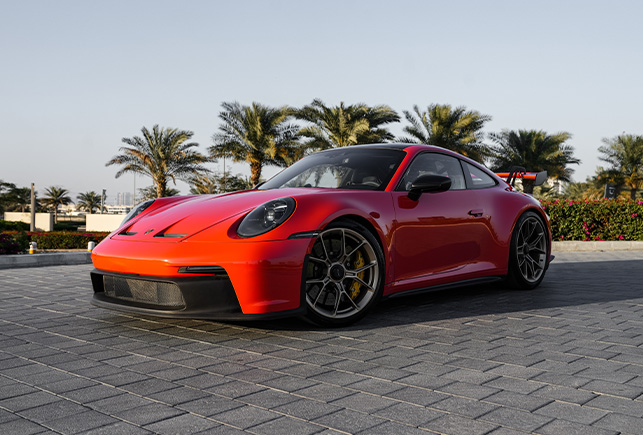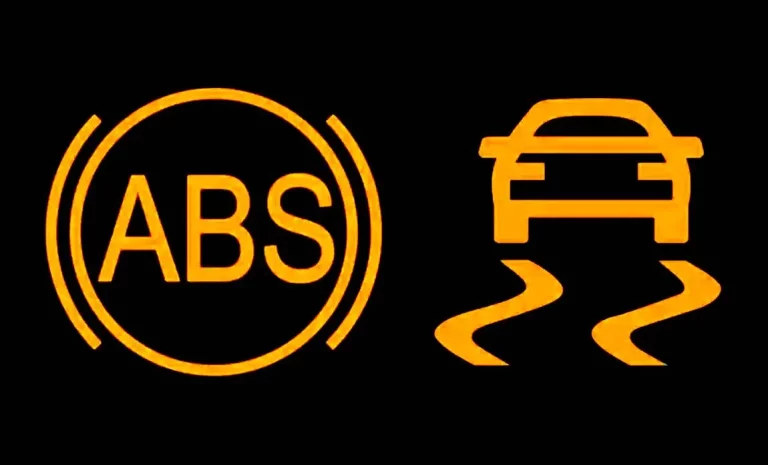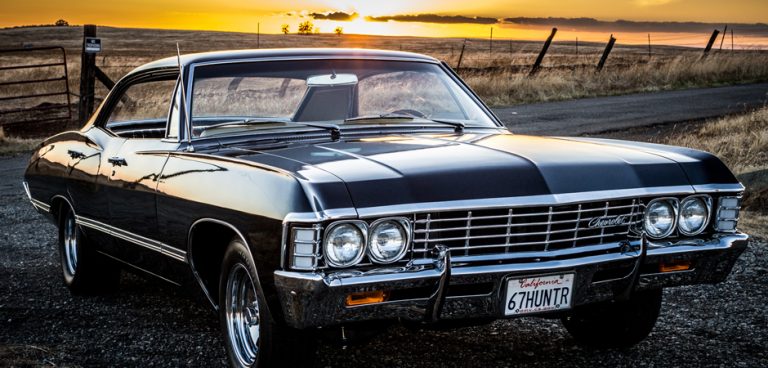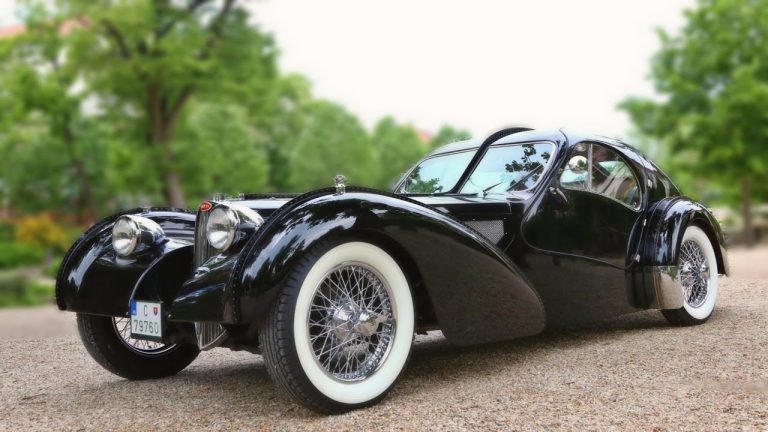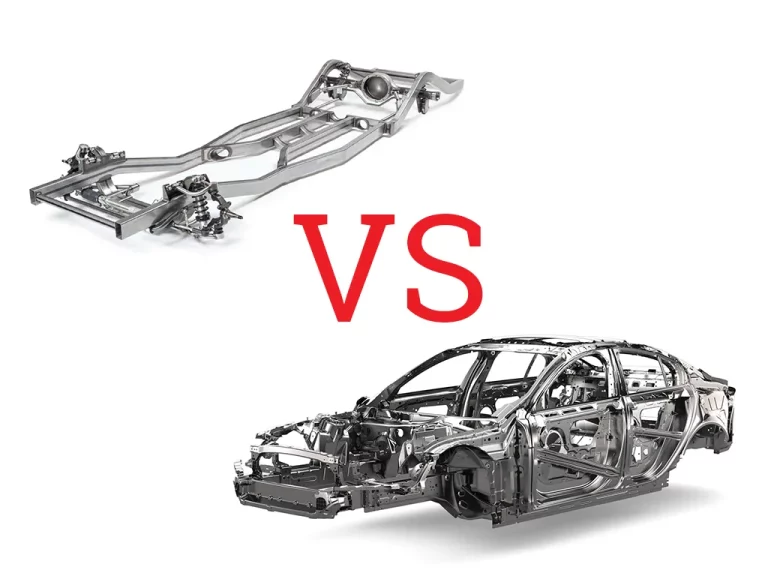How Much Does It Cost To Paint A Car?
Painting a car can be a substantial but worthwhile investment in maintaining or restoring its appearance. The cost to paint a car varies widely based on several factors, including the quality of the paint, the complexity of the job, and the reputation of the service provider. In this guide, we will find out the different types of paint jobs available, the factors that affect pricing, and what you can expect to pay for a professional paint job to help guide your decision-making process.
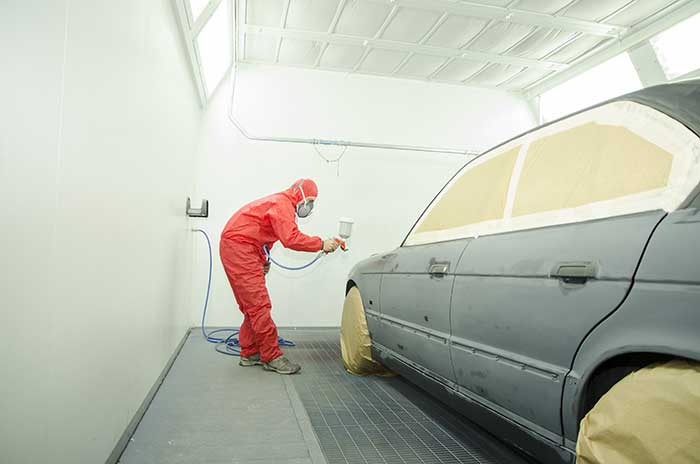
How Much Does It Cost To Paint A Car?
The cost to paint a car can vary widely depending on several factors, including the type of paint job, the quality of the materials used, the size of the vehicle, and the detail of the work required. Here’s a breakdown of different scenarios and what you might expect to pay:
Basic Paint Job
- Cost Range: $500 to $1,500
- Details: A basic paint job usually involves a few coats of paint to cover up minor scratches and fading. This option might not include sanding or repair work and typically uses lower-quality paint.
Standard Paint Job
- Cost Range: $1,000 to $4,500
- Details: This type of paint job includes thorough sanding, removal of rust, and application of high-quality paints. It often comes with a warranty and can be expected to last longer than a basic paint job.
Custom Paint Job
- Cost Range: $5,000 to $20,000 or more
- Details: Custom paint jobs can include intricate designs, multiple colors, and special finishes like matte or metallic. This high-end option requires more detailed work and the use of premium materials.
DIY Paint Job
- Cost Range: $100 to $500
- Details: For those looking to save money, DIY paint kits are available, though the results may not be as professional. This approach requires a significant amount of time and effort, and the quality of the finish can vary based on the user’s skill level.
What Factors Affect The Cost Of Painting A Car?
Several factors influence the cost of painting a car, impacting the overall price you might pay for a professional paint job. These variables can help you make an informed decision about what type of paint job is best for your vehicle and budget:
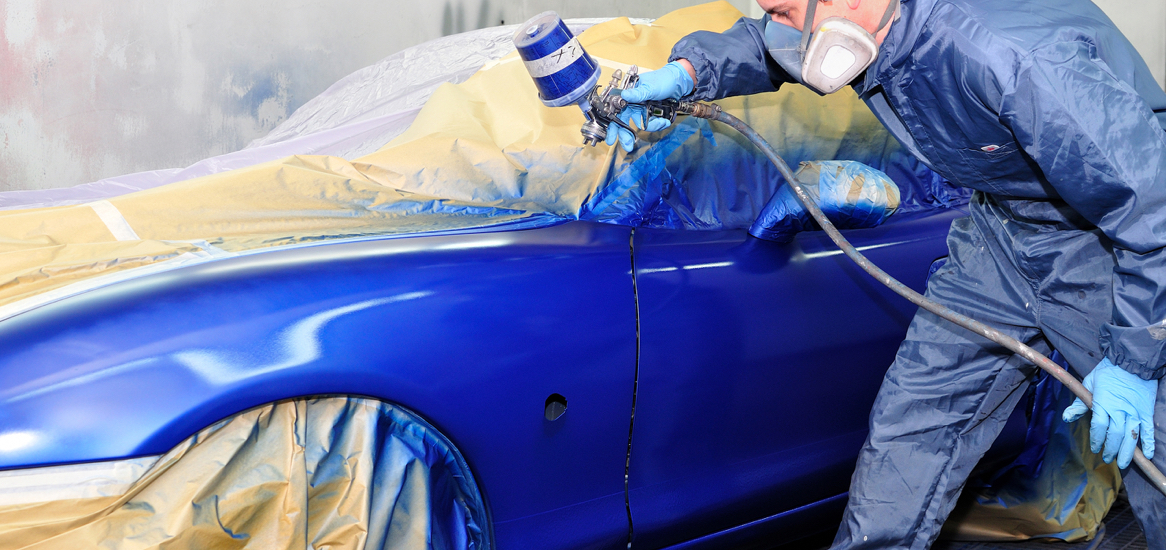
1. Quality of Paint
The type of paint and its quality can greatly affect the cost. High-end paints, such as those with specialty finishes (metallic, matte, or pearlescent) are more expensive than standard paints. These premium paints often offer better durability and a more visually striking appearance.
2. Preparation Work Required
The amount of prep work involved before the actual painting begins is a major cost determinant. This can include sanding, priming, rust removal, and fixing dents or scratches. The more extensive the prep work required due to the vehicle’s condition, the higher the overall cost.
3. Customization and Detailing
Custom designs, graphics, or adding multiple colors can significantly increase the price. Detailed and custom paint jobs require more time and skill, thereby increasing labor costs.
4. Vehicle Size
Larger vehicles like SUVs and trucks have more surface area to cover, which means more paint and materials are needed. Consequently, painting a larger vehicle will generally be more expensive than painting a smaller car.
5. Type of Paint Job
There are different levels of paint jobs from basic to full restoration. A basic job might just be a single coat of paint to refresh the car’s look, while a full restoration paint job involves detailed work on the entire body, potentially including the engine bay and inner doors.
6. Labor Rates
Labor costs can vary significantly depending on the region and the expertise of the painters. Shops located in areas with higher living costs tend to charge more. Additionally, rates can differ based on the reputation and experience level of the service provider.
7. Additional Services
Some paint jobs may include additional services like reassembling removed parts (e.g., doors, bumpers), cleaning and detailing post-paint, or applying a protective coating over the new paint. Each additional service will add to the total cost.
8. Geographical Location
Costs can vary widely based on where you live. Urban areas with a higher cost of living generally see higher rates for auto painting services compared to rural areas.
9. Seasonal Demand
In some regions, the demand for car painting services can vary by season, affecting pricing. For example, there might be higher demand in spring as people prepare their vehicles for summer, potentially driving up prices.
How Do Additional Repairs Influence The Price?
Additional repairs can significantly influence the price of painting a car, often causing the total cost to rise due to the extra time, labor, and materials required. Here’s how different types of repairs can impact the overall price of a paint job:
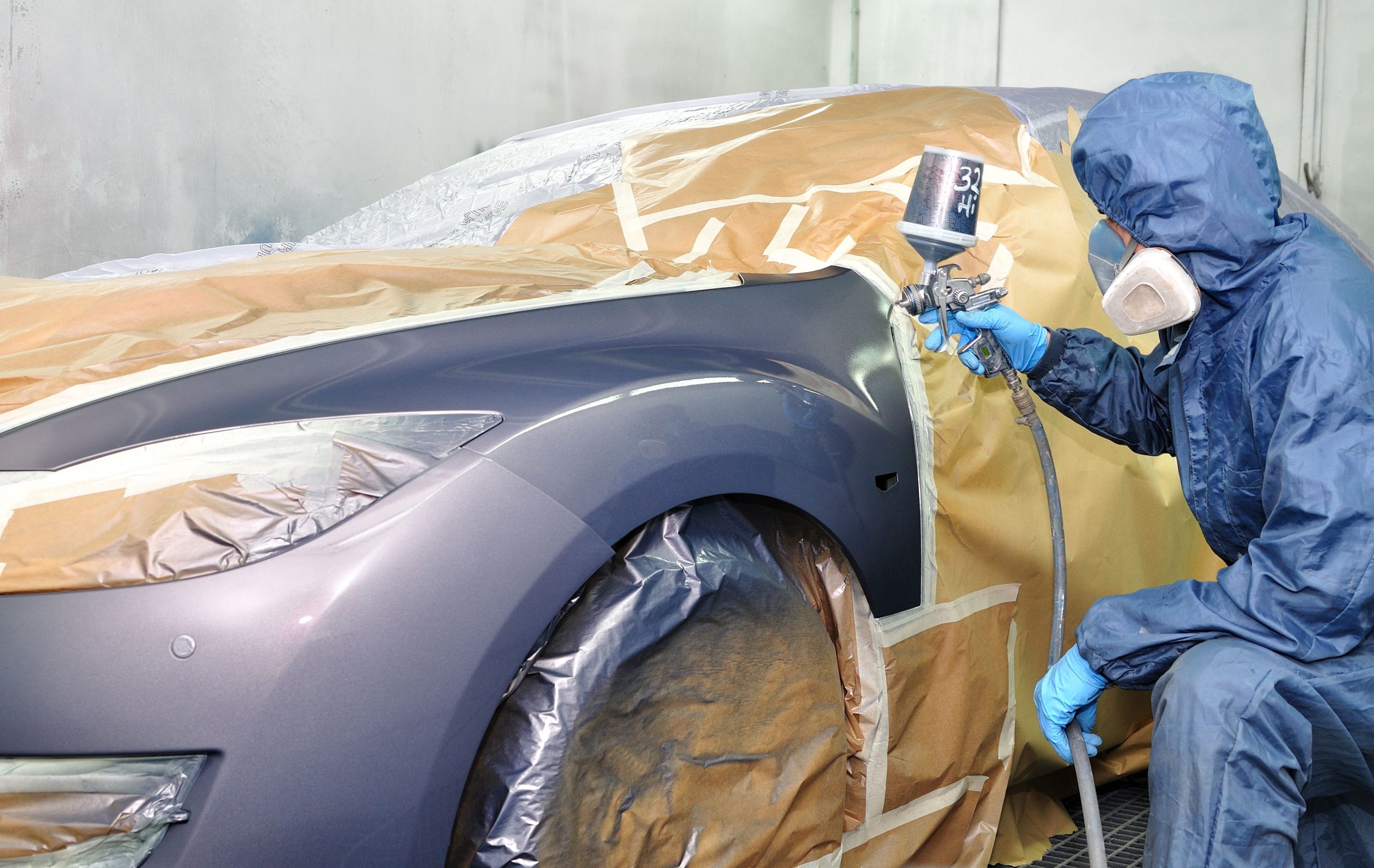
1. Dent and Scratch Repair
Before painting, any dents, scratches, or imperfections on the car’s body need to be addressed. This involves filling dents, sanding down scratches, and ensuring a smooth surface, which can be time-consuming. The extent of these damages directly correlates to the increase in labor and material costs.
2. Rust Removal
Rust can severely damage the metal body panels of a car, requiring extensive treatment before painting. This usually includes sanding down all rusted areas, applying a rust arrestor, and sometimes replacing entire sections of the panel if the rust is too severe. Rust treatment is crucial for preventing future damage and can add considerably to the cost.
3. Panel Replacement
In cases where damage to the car’s body is too extensive for simple repairs, whole panels may need to be replaced. This can be a significant additional expense as it involves purchasing new panels and potentially complex fitting and alignment work before the painting process can begin.
4. Priming and Sealing
Any new or repaired parts of the car’s body will require priming to ensure that the paint adheres properly and has a uniform finish. Primer also serves to seal the repair work and prevent subsequent decay. This step is essential for maintaining the quality and longevity of the paint job but adds additional material and labor costs.
5. Pre-Paint Preparation
Beyond specific repairs, the entire vehicle might need thorough cleaning, degreasing, and sometimes even stripping of the old paint. This preparation work is crucial for achieving a high-quality finish but increases the overall time and labor involved in the project.
6. Protective Coatings
After painting, applying a clear coat or other protective coatings can enhance the durability and appearance of the paint job. These materials are typically more costly but are recommended to protect the paint against UV rays, scratches, and corrosion.
Frequently Asked Questions
How long does car paint last?
Car paint typically lasts between 10 to 15 years, depending on the quality of the paint, its application, and the aftercare. It’s recommended to repaint your car every 5 to 10 years to maintain its appearance.
What is a full respray?
A full respray is a comprehensive process of repainting a car that involves removing exterior panels, sanding them down, and stripping the old paint completely to leave a clean surface for the primer.
How much to respray a whole car?
The cost of a complete car respray can vary, ranging from $1,500 to $3,500 on average, but can go up to over $5,000 for luxury or larger vehicles. Costs also depend on whether it’s a full or partial paint job.
Is it worth getting the car repainted?
Yes, repainting your car does more than change its color. A quality paint job provides protection against elements that can lead to rust and corrosion, thereby investing in the car’s longevity, preserving its bodywork, and potentially reducing future repair costs.
How much would it cost to paint my car black?
The cost of painting a car black depends on the type and quality of the paint job. Simple touch-ups can cost between $300 to $1000, while standard paint jobs, which may involve bodywork repairs, can range from $500 to $5,000.

Hi! I’m Larry Gibbs, studying mechanical engineering with a focus on cars. I really love Ferraris and write blog posts about the latest car stuff. When not studying or blogging, I’m usually on a road trip exploring new places. I also enjoy playing football and watching movies. Life’s an adventure, and I’m all about enjoying the ride!
